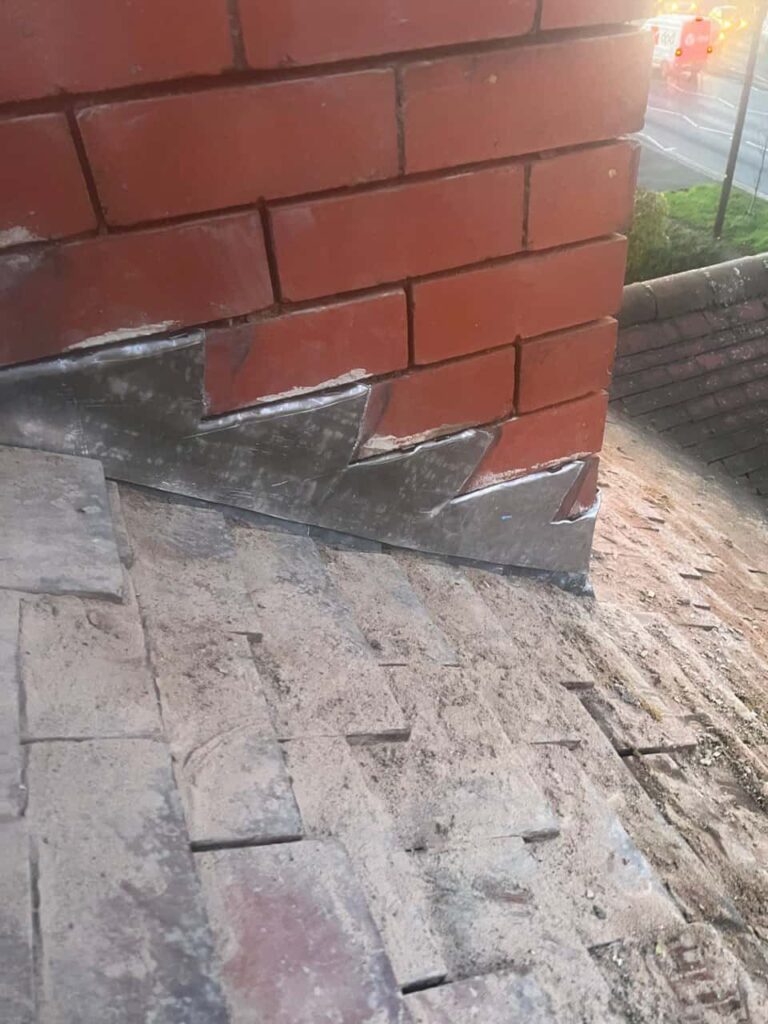Introduction: Flat roofs are a common choice for commercial and residential properties in Eastwood, offering a modern look and practical space usage. However, one of the significant challenges flat roofs face is exposure to the sun’s ultraviolet (UV) radiation. Over time, UV rays can cause significant damage to roofing materials, leading to premature ageing, cracks, and leaks. In this blog post, we’ll explore the importance of UV protection for flat roofs and how you can safeguard your roof from sun damage.
Understanding UV Damage
Ultraviolet radiation from the sun is a form of electromagnetic energy that can harm various materials, including roofing membranes. Here’s how UV radiation can impact your flat roof:
- Degradation of Materials: Prolonged exposure to UV rays can break down the chemical bonds in roofing materials, leading to a loss of flexibility and the development of cracks.
- Thermal Expansion and Contraction: UV radiation causes the roof surface to heat up, leading to expansion during the day and contraction at night. This constant thermal movement can cause the roofing material to weaken and fail over time.
- Loss of Reflectivity: Reflective roofing materials that bounce back UV rays can lose their effectiveness as they degrade, reducing their ability to keep the building cool and increasing energy costs.
The Importance of UV Protection
Protecting your flat roof from UV damage is crucial for extending its lifespan and maintaining its performance. Here are some benefits of UV protection:
- Enhanced Durability: UV-resistant materials and coatings can significantly increase the durability of your flat roof, preventing premature wear and tear.
- Energy Efficiency: UV protection helps keep your building cooler by maintaining your roof’s reflective properties, reducing the need for air conditioning and lowering energy bills.
- Reduced Maintenance Costs: Protecting your roof from UV damage minimises the frequency and extent of repairs, saving you money in the long run.
UV Protection Strategies for Flat Roofs
There are several effective strategies to protect your flat roof from UV damage:
- Reflective Coatings
Applying a reflective coating to your flat roof can significantly enhance UV resistance. Reflective coatings are designed to bounce back a substantial portion of the sun’s rays, reducing heat absorption and preventing UV degradation. Common types of reflective coatings include:
- Acrylic Coatings: Known for their durability and ease of application, they provide excellent UV protection and weather resistance.
- Silicone Coatings: These coatings offer superior water resistance and UV protection, making them ideal for flat roofs exposed to harsh weather conditions.
- Polyurethane Coatings: Polyurethane coatings are highly durable and resistant to UV rays, chemical exposure, and mechanical damage.
- UV-Resistant Roofing Materials
Choosing UV-resistant roofing materials is a proactive way to safeguard your flat roof from sun damage. Some of the best UV-resistant materials include:
- EPDM (Ethylene Propylene Diene Monomer): EPDM is a synthetic rubber roofing membrane with excellent UV resistance and flexibility, making it a popular choice for flat roofs.
- TPO (Thermoplastic Olefin): TPO roofing membranes are highly reflective and resistant to UV rays, offering energy efficiency and durability.
- PVC (Polyvinyl Chloride): PVC roofing membranes are known for their strength and UV resistance, providing long-lasting protection against sun damage.
- Regular Maintenance and Inspections
Regular maintenance and inspections are crucial for identifying and addressing UV damage early on. Here are some maintenance tips:
- Inspect for Cracks and Splits: Regularly check your flat roof for any signs of cracks, splits, or blistering, and address these issues promptly.
- Clean the Roof Surface: Keep your roof clean and free from debris, which can trap moisture and exacerbate UV damage.
- Reapply Protective Coatings: Protective coatings can wear off over time. To maintain their effectiveness, schedule periodic reapplication of reflective coatings.
When to Call a Professional
While property owners can undertake some UV protection measures, certain tasks require professional expertise. Consider calling a professional roofing contractor if:
- Your roof shows UV damage, such as extensive cracking or splitting.
- You must figure out the best UV protection strategy for your roofing material.
- It would be best to have assistance with applying or reapplying reflective coatings.
Conclusion: Protecting your flat roof from UV damage is essential for ensuring its longevity, performance, and energy efficiency. You can safeguard your roof from the sun’s harmful effects by implementing reflective coatings, choosing UV-resistant materials, and conducting regular maintenance.
Call us on: 01773 300 896
Click here to find out more about Eastwood Roofing Repairs
Click here to complete our contact form and see how we can help you with your roofing needs.

